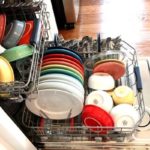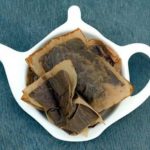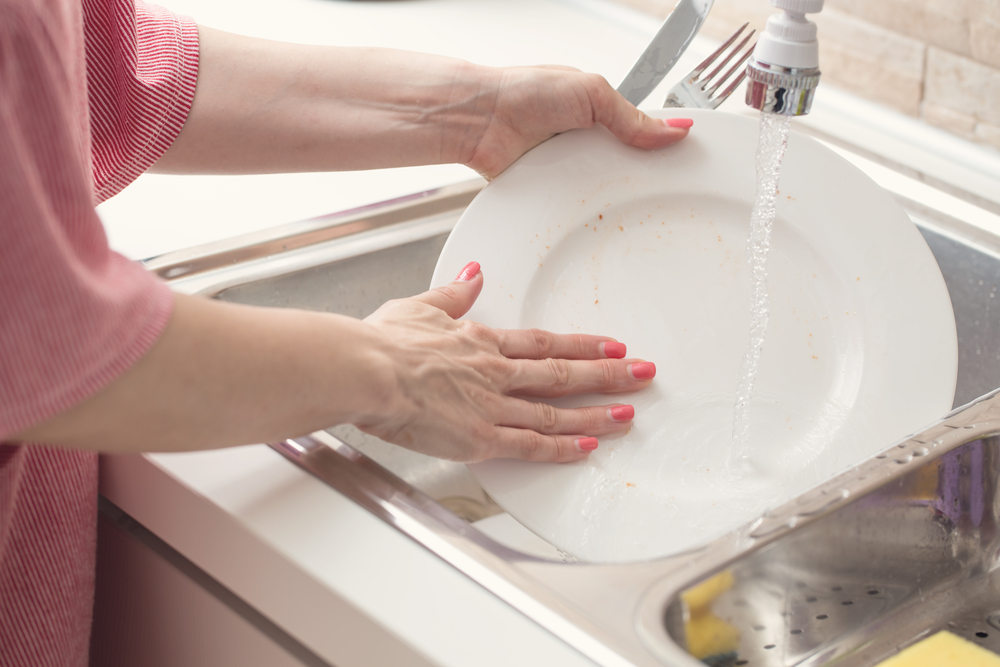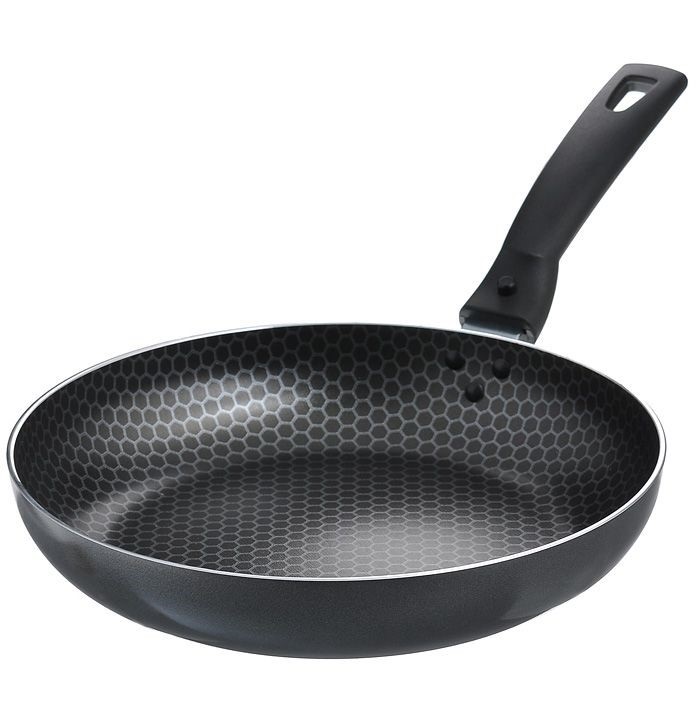Dish detergent - helper or poison?
Once upon a time, people washed dirty dishes with clean warm water and, if necessary, polished them until they were shiny with river sand or ash. In those happy times, no one thought about the fact that the fat collected for weeks was difficult to scrape off - they tried to wash it right away. But everything changed in 1908, when the talented chemist Grigory Petrov found a use for petroleum sulfoxides, which they did not know how to get rid of. This is how the first surfactants appeared.
The content of the article
What kind of animal is this
Surfactants are the basis of chemical industry cleaning and washing products. They are capable of changing the surface tension of natural compounds, leading to their splitting and destruction.
It is thanks to this property that dried-on fat or egg whites come off so well from plates. But there is also a second side to the coin. Surfactants, like any petroleum derivative, are extremely reluctant to wash off with water - it will take about 5 minutes of splashing around in running water with a single plate in order to confidently declare that it is almost clean.
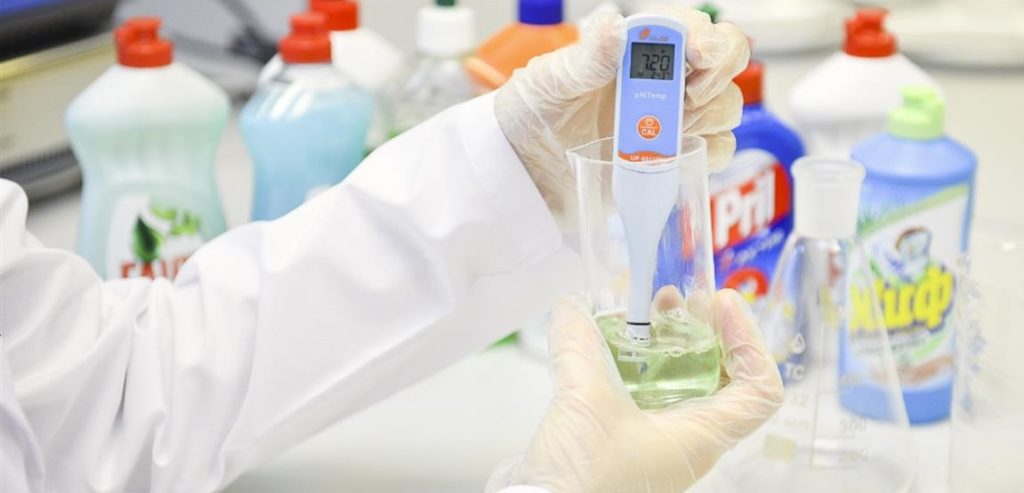
You don't have to do this, of course. But in such a case, it is advisable to familiarize yourself with the use of surfactants in science: biologists use them to destroy cell membranes in order to get to the insides of cells. Yes, those who are not particularly impressionable may try to explain that dishwashing detergent and a laboratory reagent are not at all the same thing. And there are different types of surfactants.Well, there is only one answer to this: have you heard of a drop of nicotine and a horse? It's the same principle.
Modern surfactants: why does a dishwasher need chemical protection products?
Some of these substances are used in medicine as antiseptics: due to the ability to destroy cell membranes, this muck destroys all life, even those as persistent as bacteria and viruses. And this is great, because there is no place for pathogenic microbes on plates and pans. But a person also consists of proteins, fats and carbohydrates, which are what surfactants are designed to combat. Upon contact with the skin, this substance destroys the natural protective shell - the upper layer of the dermis, along with a thin fatty film. Have you noticed how your hands squeak after washing dishes? This sound indicates that the door for germs is wide open. And this is not the worst thing - after 5-10 minutes the skin will recover.
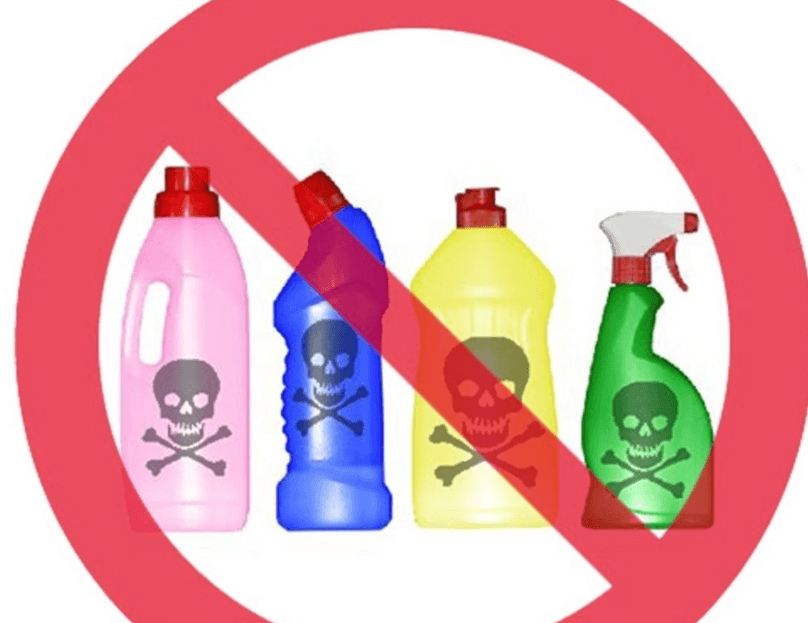
Glycerin, chamomile extract and other benefits in dishwashing detergents are a marketing ploy. Even if these substances are not included in the chemical industry product in the form of aromatic fragrances, they are unable to mitigate the effect of surfactants on the skin.
Serious consequences become noticeable after frequent and prolonged contact of detergents with hands. The first symptom is dryness and flaking: periodic violation of the integrity of the protective shell leads to the fact that the body does not have enough strength to restore it. With continued thoughtless contact of the skin with surfactants, microcracks appear and redness indicates serious irritation.
These are already kindly open gates to an army of microorganisms thirsting for human flesh.And if the little Staphylococcus aureus (or its no less toothy brothers) pays attention to them, then a carefree tester of a “useful” and “effective” means for removing contamination can get acquainted with the expensive and very lengthy treatment of subcutaneous tissues. This can be avoided by simply using rubber gloves.
Aromatherapy or respirator
What is the pleasant smell that your nose catches when working with dishwashing detergent? An attempt by a caring manufacturer to brighten up a boring everyday task. But he does this only in order to hide the natural, disgusting chemical aroma of his products.
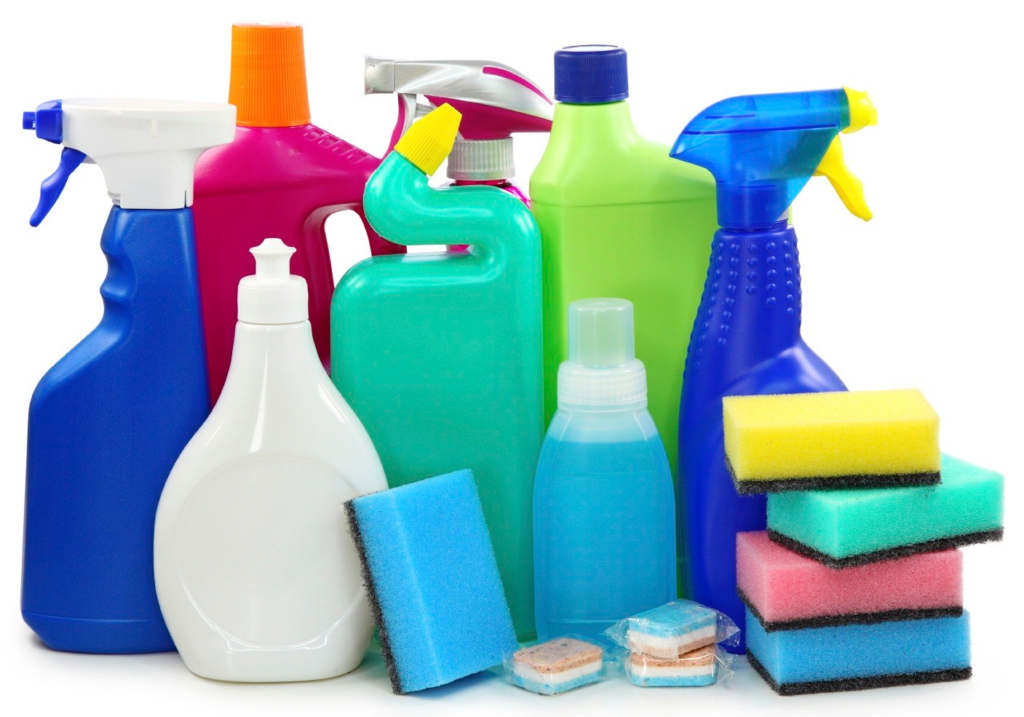
On the other hand, the smell indicates a lot of microparticles floating in the air. And the more there are, the more intense it is. And since the nostrils caught the “lemon freshness” or the “breath of alpine meadows”, then quite a lot of this enchanting beauty penetrated into the lungs. How detergent affects cells was discussed above. So, perhaps, a gas mask would be useful to complete the image of a dishwasher.
"Healthy" seasoning
Detergents do an excellent job of removing stains. And they are extremely reluctant to wash off even in running water. A thin oily film remains on your favorite dishes and humbly waits in the wings when something warm and moist is placed on top of it. Then she will happily migrate to a new object and, together with it, penetrate the digestive tract.
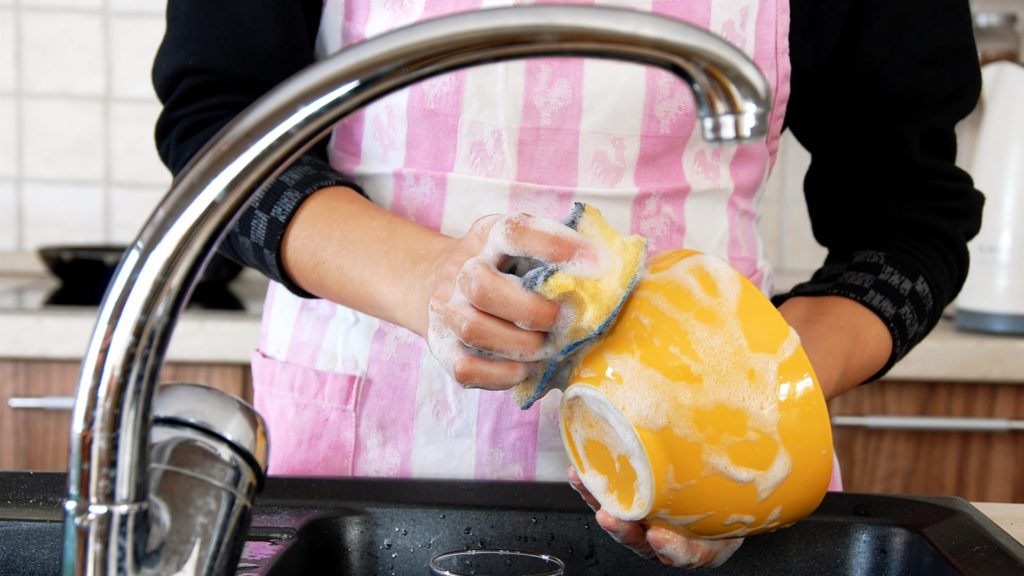
If this happens occasionally, and the film is so thin that it does not affect the taste of the dish, then nothing bad will happen. Even a child’s body is capable of coping with such a minor attack. But let's remember about unprotected hands - nothing bad happens to them either. At first.
The average user of synthetic detergents and cleaning products annually consumes from 200 g to half a liter of surfactants, which can provoke the development of ulcers throughout the digestive tract.
Harmless alternative
Laundry soap is a well-known product for a long time. Since ancient times, it was cooked from animal fat with the addition of ash. Nowadays, the basis is vegetable oils and various alkalis. These are also peculiar surfactants, but of natural rather than synthetic origin. And it is washed off from the dishes almost instantly, while removing dirt no worse than its chemical industry counterparts.

To prepare an easy-to-use soap solution, you will need only 25 g of laundry soap, 1 tbsp. l. alcohol, 3 tbsp. l. glycerin and 0.5 liters of water. First you should prepare a soap solution, which is brought to a boil. Then the remaining ingredients are added to it. The mixture is thoroughly mixed and, after complete cooling, poured (a gel-like substance is obtained) into a convenient container. Use in the same way as synthetic detergents.
If this method does not seem quite safe, you can use citric acid, baking soda and mustard powder. Any of these products is applied to a damp sponge, which is then used to rub the dishes. It is only important to remember that soda is an abrasive that can damage plastic.
A complete rejection of synthetic detergents is impractical - sometimes their analogues are more expensive or are less effective. But this rule does not apply to dishes - they can be easily washed with plain running water, and the same baking trays can be cleaned well with baking soda. And this is a chance to reduce the impact of synthetic surfactants on your body and contribute to a clean environment.

